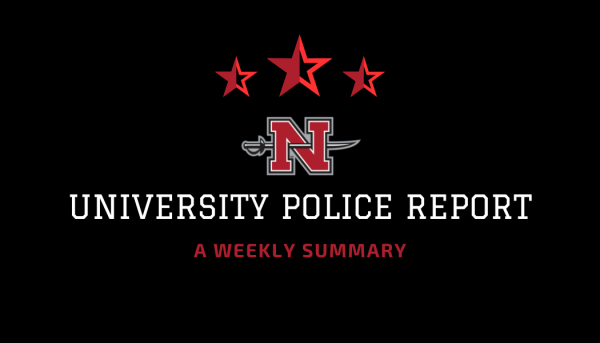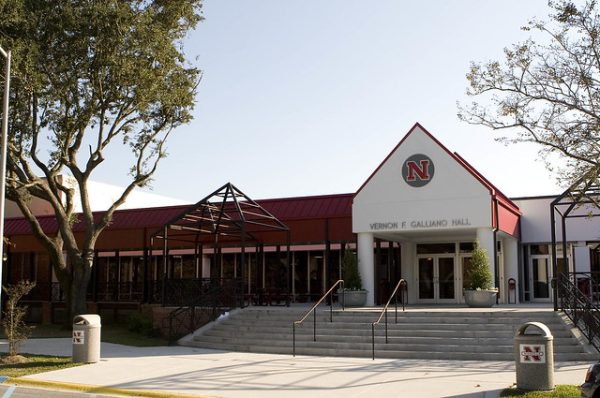Nicholls doing its part in World Autism Awareness Day
Today is World Autism Awareness Day and it’s not going unrecognized as some of the Nicholls faculty and staff do their own part in serving the population.
Started in 2008 by the United Nations, World Autism Awareness Day (WAAD) brings attention to the need for improvement in the quality of the lives of adults and children suffering from what is known as the “invisible disability.” Autism is a wide-spectrum neurological disability that has no known cure, cause or prejudice on who is born with it. Diagnoses are on the rise according to a 2014 study by the Center for Disease Control’s Autism and Developmental Disabilities Monitoring Network that found that 1 in 68 children have been identified with the disorder, an amount 120 percent higher than the estimate in 2000.
Awareness has helped to build organizations, funds and a vast amount of services provided for people, and Grant Gautreaux, associate professor of education, said that although effective, at this stage, awareness of effective treatment options is what needs to be concentrated on.
“What we need to do in places like the college of education and other organizations that train professionals,” said Gautreaux, “is to make sure that those organizations have the latest research findings so they are training students to implement the best evidence-based practices for individuals.”
Gautreuax said not knowing what causes autism leaves parents and guardians vulnerable and desperate for solutions. Early intervention and providing appropriate resources is key.
“Our program here is one of only two in the world that allows our masters candidates to obtain multiple certifications in behavioral analysis,” said Geautreaux.
As opposed to just receiving resources at home or in a clinical setting, Geautreaux said they feel the first line of defense is the teacher. “Even if they’re getting external services from a behavioral analyst, if that analyst knows that the teacher is knowledgeable and trained, they can actually coordinate their services in a much more effective fashion.”
Geautreax was excited to say that that the training program for behavior analysis and autism, housed in the graduate program, is being filtered down to an undergrad program. They are also attempting to start an Applied Behavioral Analysis clinic at Nicholls. And recently, the students contacted the department for help in autism training.
“We’ve had to change how we are training our teachers,” said Geautreaux, “but also how we think about how we use some of those tactics in order to deal with our student body population that actually have a diagnosis.”
Robin Bell, director for the Office of Disability Services, said that there are a number of autistic students that are doing very well in college, which is a huge transition for anyone, but for students with disabilities it can be even more of a challenge. Through her department, and the help of various other facilities on campus, students are provided the resources they need to excel in the college environment. Regarding days like today, Bell said she sees that awareness as an educational tool for the public as a whole.
“A lot of people are fearful because they don’t know how to interact with individuals with disabilities, and they tend to step back and not get involved,” said Bell, “whereas if they treat people with disabilities just like any other person, they will see that people with disabilities have all the same feelings and wants and goals as we all do.”
Although the diagnosis is fairly new, the disability has been around forever. “We’re hearing more about autism because more people are being identified with it,” said Bell. “Is it that more people are diagnosed because we now have a criteria for diagnosis, or were there always this may people with autism without a diagnosis? That’s stipulated. There’s no telling what causes it, but you can’t worry about that; you just have to deal with what you’ve got and just do the best you can.”
Bell said that people with disabilities have their strengths and weaknesses just as anyone else. If those strengths are identified, and facilitated throughout one’s life, it gives them a greater opportunity to be successful.
So wear blue today, Nicholls community, and support the campaign for autism awareness and advocacy in your community.











